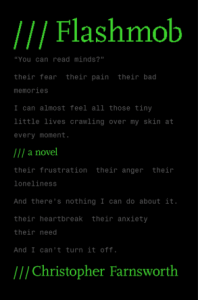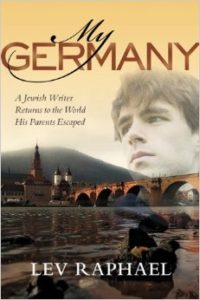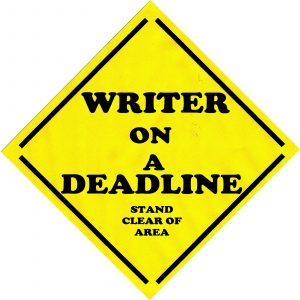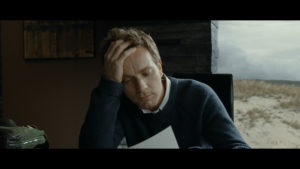 It’s really hard to say “no” to a gig when you’re a writer, even when you’re not a newbie. There’s nothing more precious than your time at home writing, but there’s always the chance that saying “yes” might make you a valuable personal or professional connection. And then there’s the simple reality that doing anything out there in the world can ease the isolation that every writer feels. It’s a strange profession: the world is what we write about in one way or another, but we need to retreat from it to reflect and create.
It’s really hard to say “no” to a gig when you’re a writer, even when you’re not a newbie. There’s nothing more precious than your time at home writing, but there’s always the chance that saying “yes” might make you a valuable personal or professional connection. And then there’s the simple reality that doing anything out there in the world can ease the isolation that every writer feels. It’s a strange profession: the world is what we write about in one way or another, but we need to retreat from it to reflect and create.
I’ve done hundreds of talks and readings now on three different continents and I’ve had to learn the hard way how to figure out when I should say “yes” to a speaking invitation. Here are my personal guidelines.
1—Are they paying enough for my time, whether it’s an evening reading and Q&A, or something more involved like a college visit with multiple events? Any time I spend away from writing is precious, even though I’m an extrovert and love sharing my work with new audiences.
2—Is this an audience I haven’t reached before? Can I do something new and different? Will I read from a different book or do a different kind of talk? Or can I put a new spin on something I’ve done before?
3—How much prep time will I need? I practice all my readings several times, and when I do a talk, I don’t read it, but work from talking points which I prepare very carefully. All that advance work is connected to #1 above.
4—Will it be fun or maybe even exciting? Is the group or the venue or the city enticing in some way? I like to go places I’ve never been to before, or if I have, return to cities I enjoy, like when I was an instant “yes” to keynoting an Edith Wharton conference in Florence.
5—Am I confident that whoever is inviting me will do adequate publicity? There’s never a guarantee about turnout, but it helps to know how much time and effort the host will put into publicizing the event.
6—Is there any chance that after I say yes I’ll regret it? That takes a lot of contemplation and weighing the factors above. It also involves gauging how far I am in any current project, and how disruptive the time away will be.
None of this is foolproof. I’ve had 75 people show up to an event that wasn’t publicized very much and fewer than a dozen come to one that was furiously advertised with emails, posters, and postcards. And events I was ambivalent about turned out to be wonderful experiences. The key for me when I get there is to give the audience 100% no matter its size. That takes more work if fewer people show up, but when you’re an author, everyone deserves to hear you at your best and best-prepared.
Lev Raphael is the author of twenty-five books in genres from memoir to mystery. He’s escaped academia to teach creative writing online at http://writewithoutborders.com.








